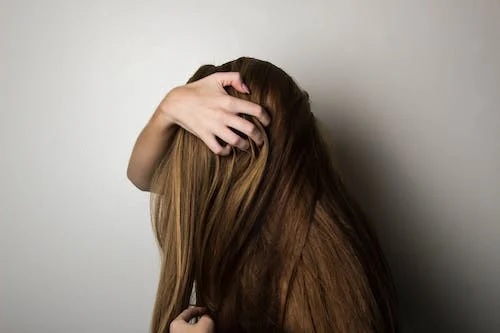
Vitamin and Hair Loss: Overview
Hair loss is a distressing problem for several people around the world. While there are several causes of hair loss, the condition may also be indicative of nutrient deficiencies in the body. Today, we explore the role of essential vitamins in ensuring that you have luxuriant hair.
From Iron and Vitamin D to Amino Acids and Zinc, we delve into the minerals’ significance, deficiency symptoms, and the best treatment options in case of deficiency. Stay tuned for more information that will help you keep a lush mane.
Vitamin D: Nurturing Growth from Within

Vitamin D is a fat-soluble compound known as the “sunshine vitamin.” It is essential for several essential bodily functions, and one of them is maintaining the health of hair follicles and creating new ones to help with healthier hair growth.
Deficiency Symptoms
You can discover that your body lacks Vitamin D when your hair starts thinning and growing slowly. Extreme conditions include hair loss. Moreover, Vitamin D deficiency can also cause skin problems and compromise immunity.
Vitamin D Deficiency Treatment and Considerations
While exposure to the sun is the primary source of Vitamin D, dietary adjustments also play an essential role. Vitamin D-rich foods include egg yolk, fatty fish, and fortified dairy, to mention a few. If you are considering Vitamin D-rich supplements, please ensure that you only take them with advice from a medical professional.
Biotin: The Beauty Vitamin
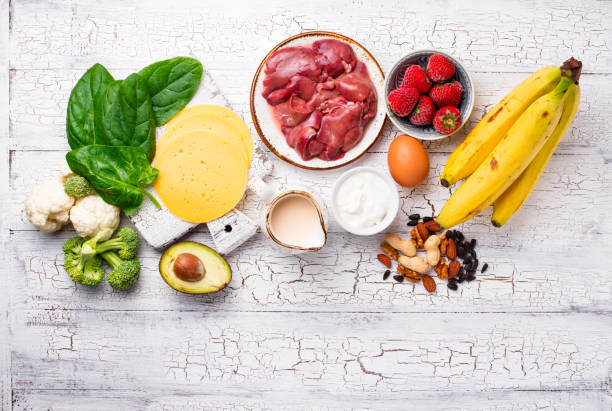
Also known as Vitamin H, Biotin is a water-soluble vitamin that helps with several bodily functions, including skin, nails, and hair health. It also helps synthesize fatty acids and promotes healthy cell growth.
Symptoms
When vitamin H is insufficient in the body, consequences can range from hair thinning and brittle nails to skin problems and muscle pain.
Biotin Deficiency Treatment and Considerations
Eating healthy foods rich in Biotin is the best way to increase its concentration in the body. Such foods may include various types of nuts, eggs, as wells as whole grains. You may also resort to biotin supplements if you have a significant deficiency.
Iron: The Foundation for Resilient Strands
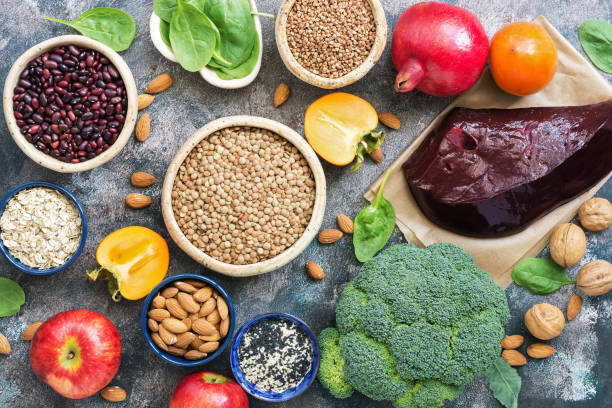
As part of its main function of helping the body transport oxygen to various cells, Iron enables the hair follicles to have a sufficient supply of oxygen for healthy hair growth.
Symptoms
Without sufficient amounts of Iron in the body, one can suffer hair loss and brittleness, not to mention general fatigue, weakness, and colored skin. The intensity of these effects varies between various individuals.
Iron Deficiency Treatment and Considerations
Incorporating iron-rich foods like lean meats, leafy greens, and legumes into your diet is essential for combating deficiency. For severe cases, iron supplements may be prescribed by a healthcare provider.
Zinc: Bolstering Hair Health

Zinc is also referred to as a beauty mineral because of its essential effects on hair and skin health. Its other benefits include supporting the immune function, healing wounds, and helping the body synthesize DNA.
Deficiency Symptoms
When you do not have sufficient amounts of Zinc in your body, you may experience hair loss and slow growth. Your immunity may also be weakened, and you may develop skin issues.
Zinc Deficiency Treatment and Considerations
People with insufficient amounts of Zinc in their bodies should consider eating foods like nuts, oysters, and various types of seeds. Supplements are also an option, but only if you are suffering from extreme deficiency and are using them with a healthcare professional’s assistance.
Selenium: Guardian of Scalp Health
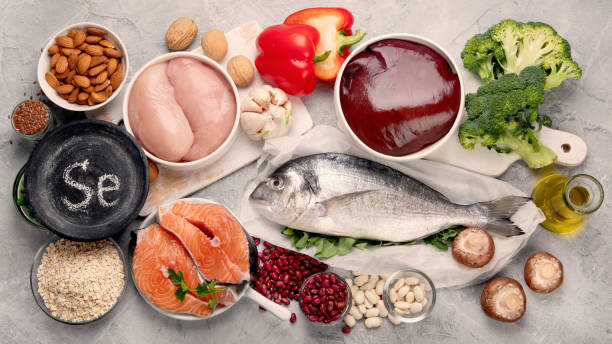
Selenium is both an antioxidant and an essential mineral involved in several bodily functions. The element helps with the production of enzymes essential for a healthy scalp while protecting the body from the negative effects of free radicals.
Deficiency Symptoms
Selenium deficiency can cause scalp issues, impacting hair health and growth. The deficiency can also make your muscles weak and disrupt normal thyroid functions.
Selenium Deficiency Treatment and Considerations
To treat selenium deficiency, you need to eat foods like nuts, fish, and whole grains. You may also see a healthcare specialist for advice before using selenium-rich supplements for optimum results.
Vitamin E: The Nourishing Antioxidant Shield
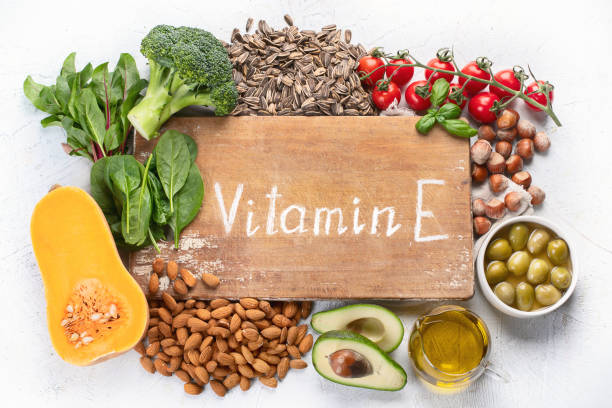
As an antioxidant, Vitamin E has the potential to protect hair cells from damage. When they do this, they promote healthy hair growth and improve the body’s overall health and wellness.
Symptoms
Vitamin E deficiency is characterized by lifeless hair that can break easily. Apart from this, it can also cause muscle weakness, impaired vision, and other problems.
Vitamin E Deficiency Treatment and Considerations
The good news is that Vitamin E deficiency can be corrected by chowing down foods like spinach, avocados, almonds, and others. You may also use topical Vitamin E to counter the problem.
Folic Acid: Fueling Hair Growth from Within
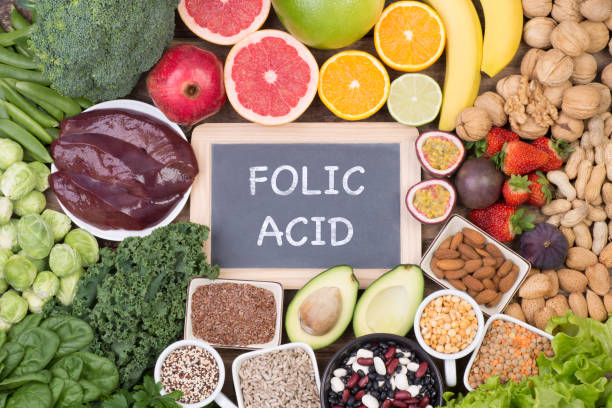
Folic Acid is also known as vitamin B9. The mineral is often needed for smooth cell division, which is essential for hair growth. It also boosts the development of red blood cells that carry oxygen to the hair follicles.
Deficiency Symptoms
Without sufficient levels of folic Acid in the body, slow hair growth and hair thinning are likely to occur. Other symptoms also include fatigue and weakness.
Folic Acid Deficiency Treatment and Considerations
Leafy greens and citrus fruits are the most common sources of folic Acid in the body. However, if your deficiency is too much, you may consider supplements with the guidance of a healthcare professional.
Essential Fatty Acids: Nourishing Your Roots
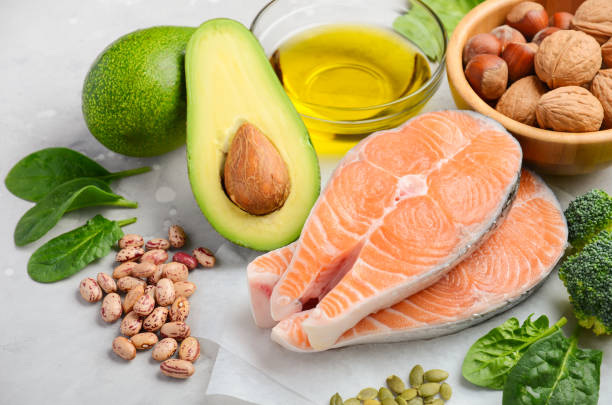
Essential fatty acids cannot be produced by the body on its own. They include Omega-3 and Omega-6 fatty acids and are needed for a healthy scalp and better hair growth. They also boost the overall health and strength of your hair.
Deficiency Symptoms
Without sufficient amounts of essential fatty acids, you can have a Dry, flaky scalp and lackluster hair. Other symptoms of its deficiency include skin problems and mood disorders.
Essential Fatty Acids Deficiency Treatment and Considerations
To replenish essential fatty acids, you need to eat rich foods, nuts, fish, and flaxseeds, to mention a few. Again, supplements are an option, but you need to use them under guidance.
Vitamin C: The Collagen Booster
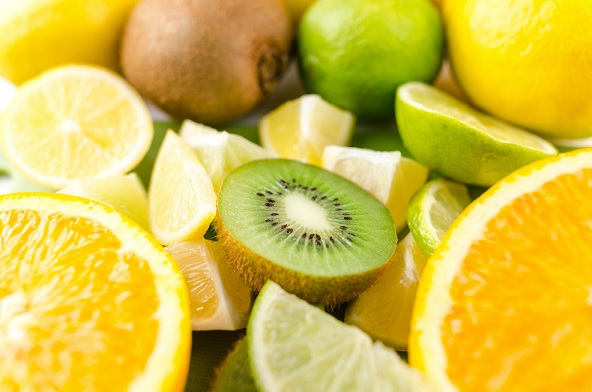
Vitamin C is an antioxidant, which means it helps the body fight harm from free radicals. The vitamin is also needed by your hair for collagen production. More collagen in the body helps with stronger hair shafts.
Deficiency Symptoms
Vitamin C deficiency can make your hair look weak and brittle. It can also have a negative impact on wound healing and expose you to several infections.
Vitamin C Deficiency Treatment and Considerations
Add broccoli, citrus fruits, and strawberries to your diet to bolster hair health and evade the effects caused by Vitamin C deficiency. However, vitamin C deficiency is often rare.
Amino Acids: The Building Blocks of Beautiful Hair
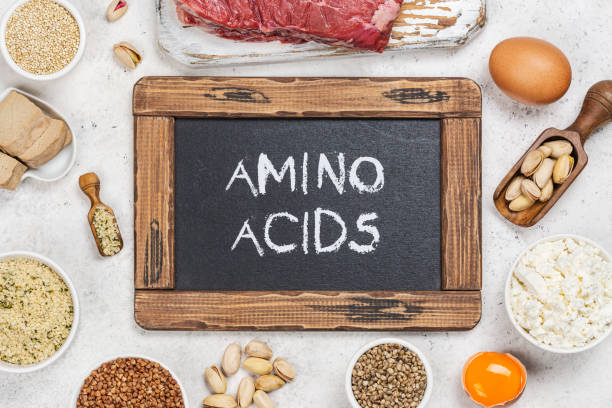
Amino acids are the primary building blocks that makeup proteins. They are essential for strong, healthy hair because of their big role in making the structure of the hair shaft.
Deficiency Symptoms
Without sufficient amounts of amino acids in the body, you can be a victim of air breakage and thinning. What’s more, it can cause muscle weakness, lead to skin issues, and compromise your immunity.
Amino Acids Deficiency Treatment and Considerations
Protein-rich foods that can help you combat amino acid deficiency include lean meats, dairy products, eggs, and fish, to mention a few. Supplements can also be an option for those with dangerous deficiencies, but in this case, a healthcare professional should intervene.
FAQs: Vitamin and Hair Loss
Can Vitamin D Deficiency Cause Hair Loss?
The answer is yes. Vitamin D deficiency can cause hair thinning and loss because the mineral is needed in the hair growth cycle. Without sufficient levels, hair follicles may not be able to facilitate new hair growth.
Can Vitamin B12 Deficiency Cause Hair Loss?
Vitamin B12 helps withe the production of red blood cells, which carry oxygen to the hair follicles. Without it, hair follicles cannot function properly, and hair growth may be halted.
Can Iron Deficiency Cause Hair Loss?
Iron deficiency can lead to hair loss and brittleness. The mineral is needed for hemoglobin manufacture, and its absence means that not enough oxygen will be available for the hair follicles to facilitate hair growth.
What vitamin stops hair from falling out?
We do not think that there is a single vitamin responsible for stopping hair loss. However, a deficiency in the vitamins listed above can be responsible for hair thinning. Consider taking a balanced diet or using mineral supplements with the guidance of a doctor to ensure that you have optimal levels of minerals and vitamins essential for healthy hair.
Will hair grow back after vitamin B12?
Yes, hair can grow back after dealing with Vitamin B12 deficiency. Vitamin B12 is essential for the formation of red blood cells and oxy1gen transportation to the scalp. Therefore, its availability can enhance the health of hair follicles and cause hair regrowth.
What vitamins make hair thicker?
Several vitamins can make your hair thicker and healthier, including but not limited to Vitamin H, D, A, and B3. The vitamins contribute to thicker hair by promoting different mechanisms like strengthening hair follicles, encouraging more blood circulation to the scalp, synthesizing keratin, and more.
How can I increase my B12?
Ways to increase your Vitamin B12 levels include eating foods like fish, lean meat, fortified cereals, and nutritional yeast. If you have an intense deficiency, you may consider supplements after consulting a healthcare specialist.
Can vitamin overdosing lead to hair loss?
Yes, consuming excess vitamins can be harmful to the extent of causing hair loss. Some of the vitamins that can cause hair loss when taken in excess include Vitamin A and Vitamin E. We recommend consuming vitamins under instructions from a healthcare professional.
Conclusion
Hair loss can be an embarrassing encounter. Nevertheless, there are several ways to combat the problem, including managing your stress levels, exercising adequately, and using vitamins. This article advocates for the intake of essential nutrients to revitalize your hair and boost your overall health and well-being. Therefore, embark on this journey and let your hair glow with vitality and strength – good luck!
